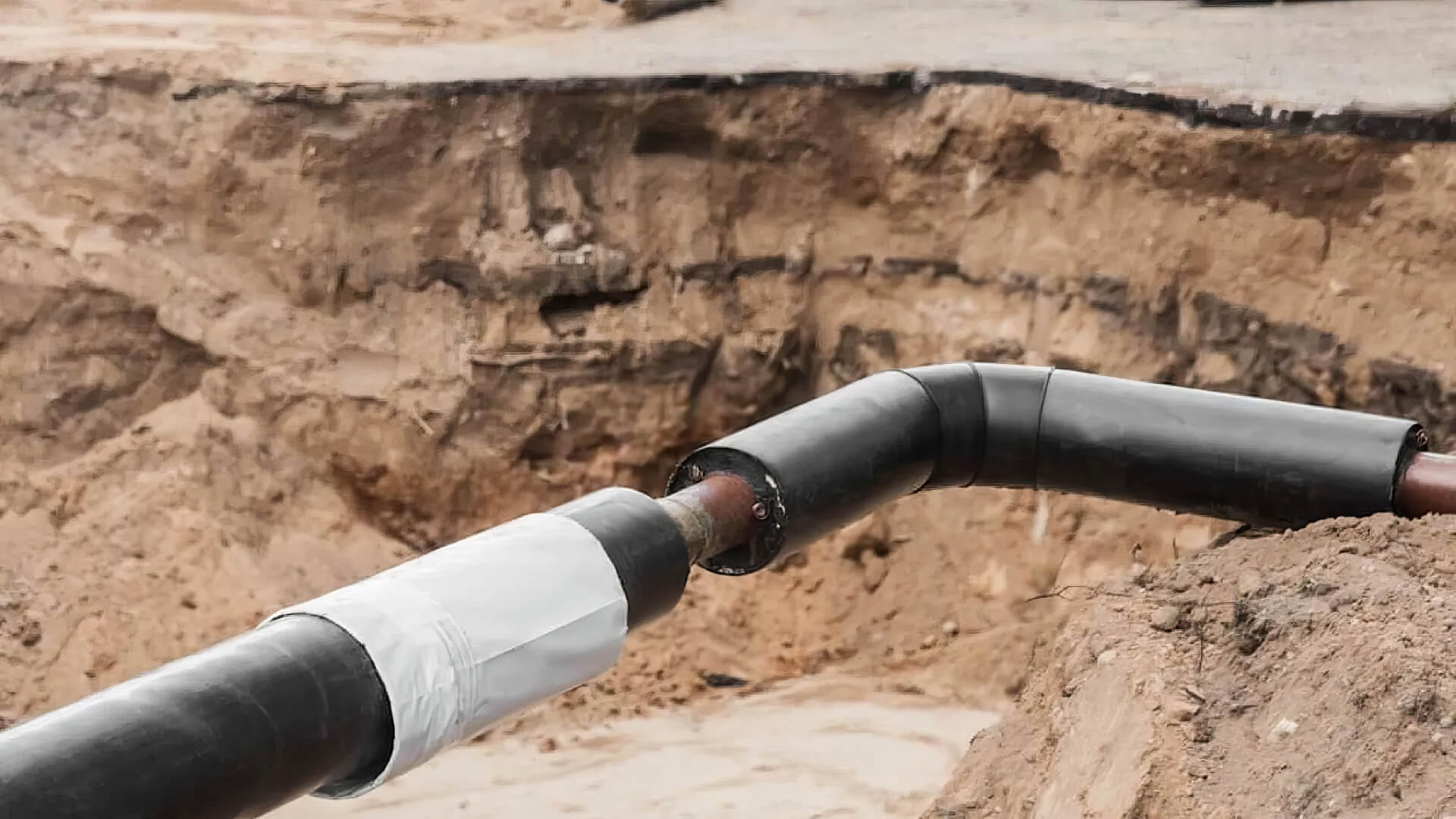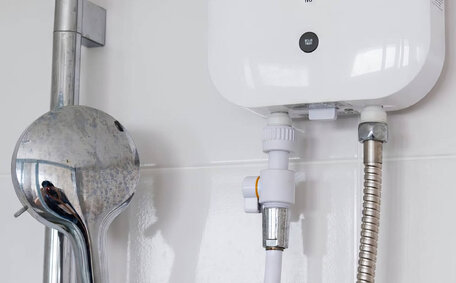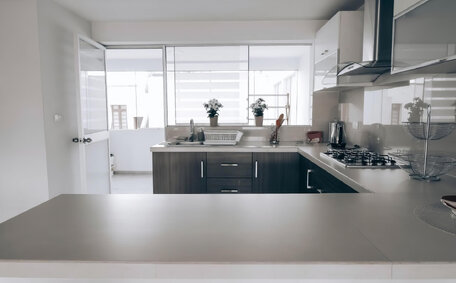Introduction to Blocked Drains
In Erskine Park, Sydney, drainage systems must function optimally, allowing water to flow freely. However, foreign objects washed down the drain can lead to significant blockages. Common offenders causing drain blockages include cooking grease, hair, and tree roots; these can restrict water flow and potentially lead to backups and flooding if unaddressed.
Blocked drains can cause property damage, health risks, structural complications and incur additional costs. By understanding how to manage common causes of blocked drains and implementing preventative measures, residents can protect their sewer system health and avoid drainage issues.
Erskine Park Plumbing’s guide offers insights on causes, risks, and prevention, along with effective strategies for resolving blocked drains. Routine maintenance and keeping debris out are essential for proper drain functionality.
Common Household Items that Cause Drain Clogs
Household products not designed for drains often clog your plumbing infrastructure. Grease and oils are infamous for solidifying and coating the interior of pipes, making them a primary cause of drain blockages. When it builds up, grease can clog drain pipes, narrowing the passageways and hindering water flow.
Food debris and hair washed down kitchen sinks frequently contribute to blocked drains.
Flushable wipes, despite their label, can accumulate and trap debris, resulting in blocked drains. Items like wet wipes, dental floss, hair, soap clumps, tampons, condoms, paper towels, and children’s toys can cause blockages if not disposed of correctly.
These everyday items stick to pipe walls and capture debris, potentially escalating into a complete blockage. A frequently clogged sink can back up drains, flood floors, disrupt toilet flushing, and lead to sewage issues.
Preventing Blockages with Proper Disposal
Using drain covers helps maintain consistent water pressure by catching debris before it enters sink pipes. Protect your sink by using strainers to catch food scraps, hair, and other particles that could cause clogs.
Also, steer clear of flushing excessive toilet paper, wet wipes, and sanitary products, as they don’t disintegrate and lead to blockages. Disposing of these items in the trash rather than the drain protects pipes from worsening blockages and safeguards your property.
Preventative maintenance, such as clearing drains at the first sign of slow drainage, is essential to maintain unobstructed water flow. Regularly pour a mix of boiling water, baking soda, and vinegar down your sinks to dissolve fats and maintain clear pipes. Periodic professional drain maintenance can prevent hidden build-up that disrupts water flow and affects the water heater.
Using Drain Cleaners and Plungers
To effectively deal blocked drains, address the issue by repeating the clearing process until the clog dissipates.
Start by filling the blocked sink or tub with enough water to cover the drain opening, then use plunger to attempt to dislodge initial drain blockages. Submerge the plunger firmly over the drain, then quickly plunge up and down 10-15 times to loosen the obstruction and drive it into pipe. For resolving a common blocked drain, employing a plunger may dislodge minor clogs and reintroduce water flow.
Another option for tackling a clogged drain is employing the natural cleaning duo of soda vinegar by pouring a mix of boiling water, baking soda, and vinegar down the drain. The heated reaction between baking soda and vinegar can aid in dissolving grease and fragmenting debris. Let the concoction sit for 10-15 minutes before flushing with hot tap water.
Chemical solutions available from hardware stores can sometimes resolve clogged drains. Wear gloves when handling cleaners and avoid splashing them on skin or in eyes.
However, ignoring blocked pipes and using chemical cleaners with harsh ingredients warrants caution. Only use small amounts for brief periods.
For persistent or severe drain problems, professional assistance, which often includes the use of a drain auger, is advisable. They have specialised equipment like an auger drain, also known as a drain snake, to clear tough obstructions while avoiding pipe damage that improper DIY attempts risk causing.
Knowing When to Call a Professional
While DIY drain remedies can dislodge minor clogs, more persistent or recurring blockages often require professional help. Contact your local Erskine Park Plumbing if DIY methods fail, as our experts can professionally address your plumbing needs. This signals a substantial obstruction in pipes.
If your drainage system backs up, causing odours or leaks, expert assistance—available from our team 7 days a week—is recommended.
Professionals use tools like a water jetter and specialised augers that reach deep blockages DIY efforts cannot. High-pressure jet flushing effectively cleans the interior pipe walls. Inspections with drain cameras check for breaches needing repair while pipe relining renews interiors without excavation.
By enlisting experts from Erskine Park Plumbing when basic attempts don’t succeed, you can get your blocked pipes cleared and prevent potential damage, being identified and remedied properly. Preventing further plumbing damage saves greater costs down the road.
Detecting Early Signs of a Blockage
Catching drain obstructions early is crucial to avoid serious blockages requiring extensive repairs down the road. There are a few key signs of potential clogs to watch out for:
Slow Draining Water: Note any decrease in drain performance, as this can signal partial blockages in your sewer line. Debris is accumulating and narrowing pipes, impeding water flow which can happen over time. Taking action in time ensures your pipes remain clear, preventing more buildup.
Gurgling Noises: Strange gurgling sounds from draining water often means an obstruction is forming, requiring immediate attention.
Foul Sewage Odours: Bad smells emanating from drains or sinks suggest drain venting problems typically caused by blockages. Sewage gases can back up if vents are clogged.
Visible Water Damage: Dark stains or moisture around pipes, especially on walls or ceilings, may signal leaks from cracked drains, warranting a drain camera check. A camera inspection checks for breaches or pipe damage enabling early repairs.
By remaining vigilant to subtle changes and key warning signs, you can identify issues before they develop into emergencies, stopping them from advancing further into drain systems. Contact Erkine Park’s drain specialists at the first signs of trouble.
Safety When Clearing Drains Yourself
When attempting DIY drain cleaning, safety should be the top priority. Always wear protective gear like gloves and goggles when using any chemical drain products to avoid skin irritation or eye injuries from splashes.
Exercise extreme caution with store-bought chemical cleaners, only using small amounts for short periods as recommended. Never mix cleaners together, as toxic fumes can result. Ensure proper ventilation when applying.
Avoid putting hands directly into drains where sharp objects may lurk. Utilise long-handled brushes or plungers instead. Exercise prudence when using mechanical auger drains; introduce the auger carefully to avoid scraping or piercing pipe interiors.
Recognise limitations, as trying to clear substantial clogs without the right tools can get obstructions firmly wedged in pipes and incite leaks or damage. Leave stubborn obstructions that venture into main sewer lines or involve septic tanks to the care of qualified professionals.
By exercising caution, you protect yourself and your plumbing system from common blockages, avoiding accidental damage. If uncertainties arise with do-it-yourself drain cleaning, Erskine Park’s licenced experts have the tools and know-how to get drains flowing freely again without mishaps.
Maintaining Healthy Drains
Regular maintenance of your drainage system is crucial for avoiding costly blockages and plumbing repairs down the road. Erskine Park Plumbing advises implementing a few key habits to cultivate healthy drainage systems:
- Use sink strainers in kitchens and bathrooms to catch debris before entering pipes
- Collect oil and grease in containers for proper disposal rather than pouring them down your drains
- Only flush toilet paper and bodily waste; dispose of all other items in the bin
- Weekly, pour a hot water, baking soda, and vinegar mixture down drains to break up and remove buildup
- Consider professional preventative drain cleanings annually to remove any accumulation
A comprehensive CCTV drain inspection can identify potential blockages early, before they worsen. At the first signs of drain problems, contact Erskine Park’s licenced specialists to get top-rated service keeping plumbing and households flow smoothly for years to come.






